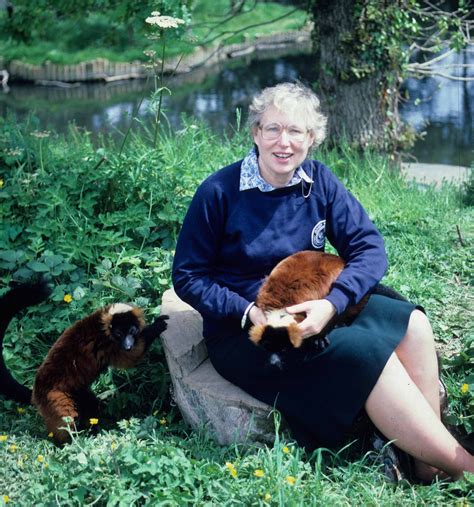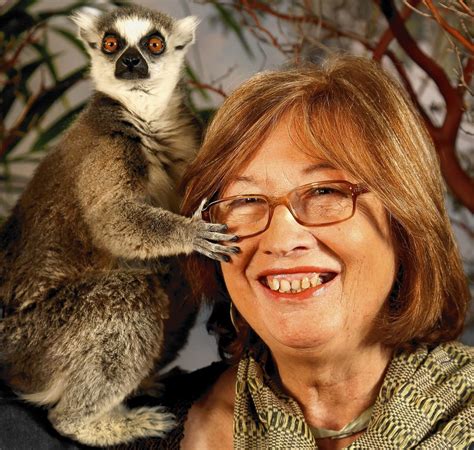A Quote by Malcolm Gladwell
Humans socialize in the largest groups of all primates because we are the only animals with brains large enough to handle the complexities of that social arrangement.
Related Quotes
When humans act like animals, they become the most dangerous of animals to themselves and other humans, and this is because of another critical difference between humans and animals: Whereas animals are usually restrained by the limits of physical appetites, humans have mental appetites that can be far more gross and capacious than physical ones. Only humans squander and hoard, murder and pillage because of notions.
It's not that humans and non-humans are identical... but the lack of understanding that led to the slave trade is the same lack of understanding many people have about animals today. When slaves were brought over from Africa, many people believed they were not humans, that they didn't have feelings. Many people believe that primates and other animals don't have feelings, too, but they do.
Primates stand at a turning point in the course of evolution. Primates are to the biologist what viruses are to the biochemist. They can be analysed and partly understood according to the rules of a simpler discipline, but they also present another level of complexity: viruses are living chemicals, and primates are animals who love and hate and think.
Ecology more important than saving animals from slavery??? Humans suffer the raping of the earth but animals suffer DOUBLY: the raping of the earth PLUS their own raping by humans. They are innocent/they are not the ones who raped the earth/they enrich it for us all from the tiniest microscopic beings to the largest ones.
A somewhat casual observer from outer space might well deduce that the course of evolution in this planet had produced a species of large four-wheeled bugs with detachable brains; peculiar animals which rested when they sent their brains away from them but performed in rather predictable manner when their brains were recalled.
Art and literature need extreme sociality to a degree that even dolphins don't have. We are the only large mammalian species that has such intense sociality. There are some small mammals that have become eusocial - the mole rats - but that's a different thing. Humans are able to understand one another at very high levels, to cooperate in very large groups. Humans depend on one another in ways that are an absolute precondition to sharing the kinds of information that makes narrative possible.
Humans — who enslave, castrate, experiment on, and fillet other animals — have had an understandable penchant for pretending animals do not feel pain. A sharp distinction between humans and 'animals' is essential if we are to bend them to our will, make them work for us, wear them, eat them — without any disquieting tinges of guilt or regret. It is unseemly of us, who often behave so unfeelingly toward other animals, to contend that only humans can suffer. The behavior of other animals renders such pretensions specious. They are just too much like us.
I think that intelligence is such a narrow branch of the tree of life - this branch of primates we call humans. No other animal, by our definition, can be considered intelligent. So intelligence can't be all that important for survival, because there are so many animals that don't have what we call intelligence, and they're surviving just fine.
My first job was actually as a social worker. And then later, I got my PhD in anthropology. And I've always been interested in humans as well as primates. We are all kind of have the same emotions, the same goals and lives really. But to me, when I first got to Madagascar I realized that the lemurs lives are very closely related to what the humans are doing; partially because they've got both looking for natural resources. And if we can make some way that both humans and lemurs can live together peaceably and happily, that would be my goal for Madagascar.


































